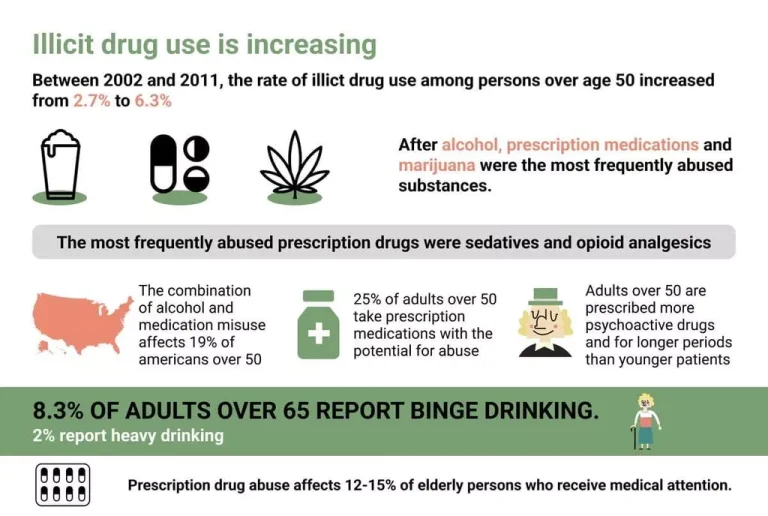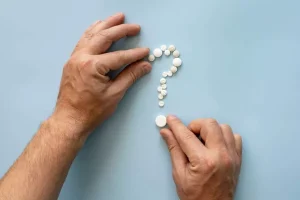
The long-term consequences of alcohol abuse can be a variety of health problems, including mental health disorders. Using alcohol to cope with social anxiety disorder can be dangerous. According to the Anxiety and Depression Association of America (ADAA), about 7 percent of Americans have this form of anxiety. Drinking excessive amounts of alcohol can also have noticeable physical and mental consequences. Over time, consuming too much alcohol can lead to blackouts, loss of memory, and even brain damage (especially if it causes other health problems, such as liver damage). These issues can create more anxiety as you cope with their symptoms.
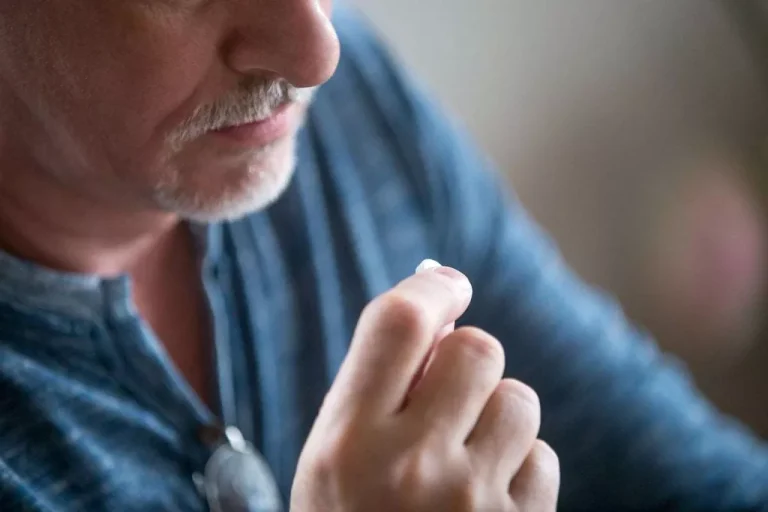
Legal and Medical Considerations for Panic Attacks as a Disability
- If you can spot that trigger, you might be able to avoid a panic attack next time.
- During a panic attack, the body experiences numerous physical symptoms.
- Both acute intoxication and cessation of prolonged drinking may lead to increased anxiety and panic episodes in susceptible individuals.
- Excessive intake of other drugs and food, including caffeine and sugar, may also be triggers.
These effects may manifest through physical sensations and changes in behavior. Alcohol use disorder (AUD) is a chronic brain disease characterized by compulsive alcohol use, loss of control over intake, and negative emotional states when not using. AUD can range from mild to severe, impacting personal relationships, work, and overall quality of life. At CalmClinic, we believe that information is only as helpful as its accuracy. That is why all of the content that we publish is always reviewed and analyzed by professionals in the psychology and healthcare fields.
Alcohol’s Effects
You consent to receive SMS notifications and promotions from Addictionresource. Nausea or stomach discomfort can arise, sometimes leading to digestive issues. Muscle tension, especially in the neck and shoulders, is also prevalent. Treatment for AUD often involves a combination of therapy, support panic attack from drinking groups, and medication.
- It is believed that the shaking that occurs during a panic attack is an overreaction of the sympathetic nervous system, part of the fight-or-flight response.
- Many individuals will use alcohol as an unhealthy coping tool to reduce symptoms of anxiety.
- Alcohol is one of the most common substances people turn to when trying to self-medicate things like anxiety disorders or depression.
- CBT helps individuals identify and change negative thought patterns and behaviors.
When to See a Healthcare Provider
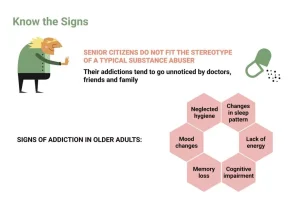
While some may experience shorter episodes, others might find that lingering symptoms persist for longer as the body calms down. Panic attacks can come on suddenly and may seem like they strike out of the blue. If you can spot that trigger, you might be able to avoid a panic attack next time. By Sarah Bence, OTR/LBence is an occupational therapist with a range of work experience in mental healthcare settings. People with panic disorder have higher rates of cardiac conditions, including hypertension (high blood pressure) and cardiomyopathy.
Several proposed explanations exist for the link, including genetics, a person’s environment, and the brain mechanisms related to addiction and anxiety symptoms. Sometimes, people turn to alcohol or other substances to help them hide from their problems or cope with symptoms of mental illness. In some cases, people with certain mental health conditions, such as anxiety or panic disorder, might develop an unhealthy relationship with alcohol. Discover how alcohol and anxiety may be interlinked, including why panic attacks and anxiety symptoms may occur after drinking alcohol.
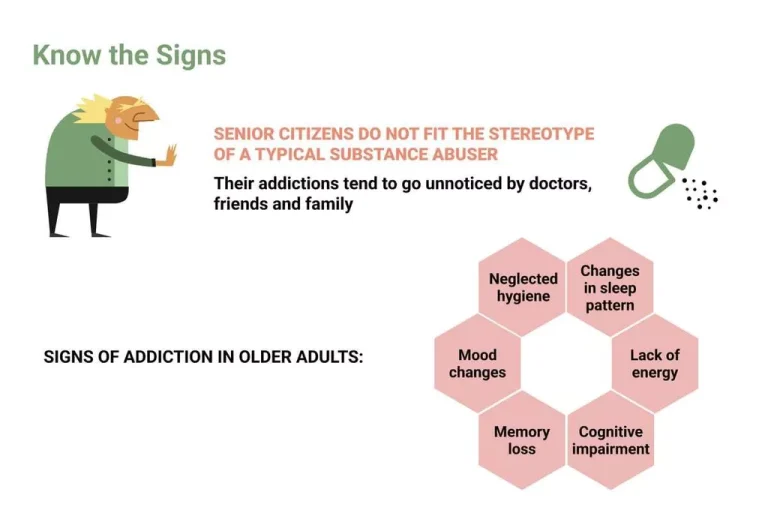
Healthy living
In general, it’s the similar to general symptoms of anxiety, just specific to post-drinking. While dopamine increases immediately after drinking alcohol and temporarily makes you feel good, when the inebriation has faded, whatever symptoms that were being avoided rebound. Panic attacks are episodes of extreme anxiety that typically last between 5 and 20 minutes. Someone who experiences multiple panic attacks for no apparent reason may have panic disorder, a form of anxiety. In some cases, healthcare professionals would need to prescribe antidepressants or anti-anxiety medications to help manage symptoms.
